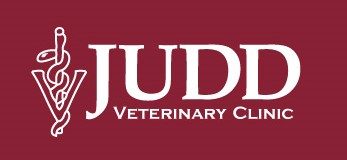Dentistry for horses
We offer a variety of dentistry services for your horses. Learn more about it below.
Horse Dentistry
Equine dentistry is an area of special interest for our practice. Regular equine dental care is extremely important for all horses throughout their lives. Dental abnormalities can cause pain, anorexia (decreased appetite), weight loss, quidding (loss of food while eating), colic, and decreased performance in horses.
Dental abnormalities can be extremely important in performance horses and correction decreases pain, and allows them to perform up to their potential. Many horses require dental realignment to chew properly if they have not had adequate dental care in the past.
Foals should have a dental exam at 4-6 months of age and every 6 months until they reach 2 years old. Then, annual exams may suffice except for performance horses that may need exams every 6 months. Because the horse has teeth classified as hypsodont, these teeth erupt throughout the horse’s life at the rate of 2-3mm per year.
This continual eruption coupled with grinding when chewing causes sharp points to develop on the outside of the upper cheek teeth and inside the lower cheek teeth. Also, if a tooth is lost, the opposite tooth will grow very long due to continued eruption and lack of occlusion with another tooth.
Floating (grinding off) of the sharp enamel points is the most common routine procedure performed in equine dentistry. At Judd Veterinary Clinic, we have invested in state-of-the-art equipment to perform a thorough floating. All horses are sedated, and a full mouth speculum is inserted in the mouth so that every tooth can be visualized and palpated. Without this sedation and speculum exam, it is impossible to determine the dental problems present and the corrections required.
For the actual floating procedure, an air-driven float is used that enables us to safely and efficiently remove sharp enamel points, reduce the height of tall teeth, and level the cheek teeth from front to back. Also, we lower the canine teeth and realign the incisor(front) teeth. In performance horses, a “bit seat” is shaped on both upper and lower first cheek teeth, which increases comfort when using a bit, and therefore the horse responds to the bit in a more positive manner. This technique causes much less soft tissue damage and bleeding than manual hand-floating.





